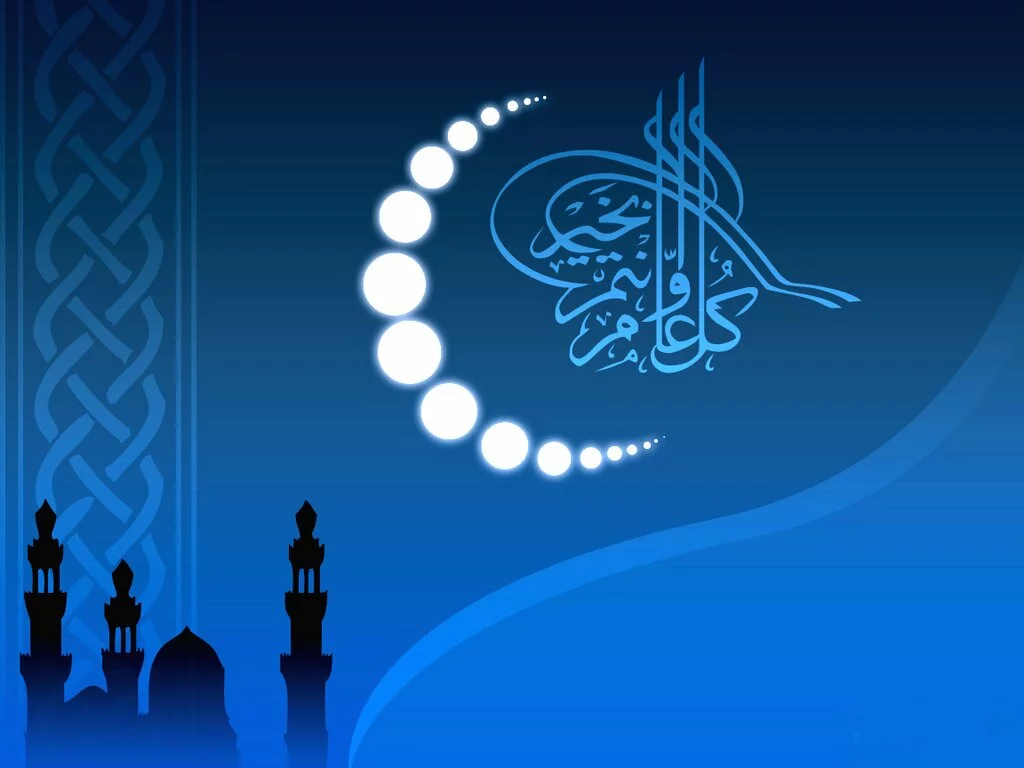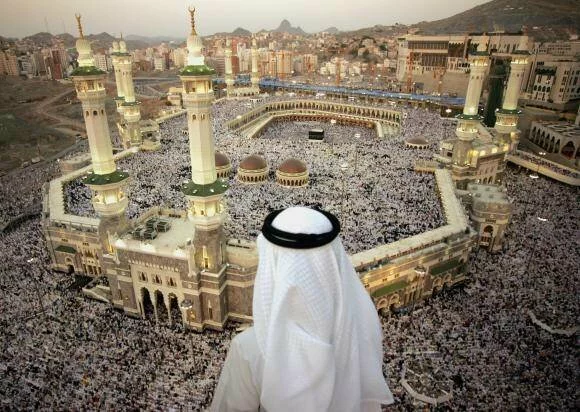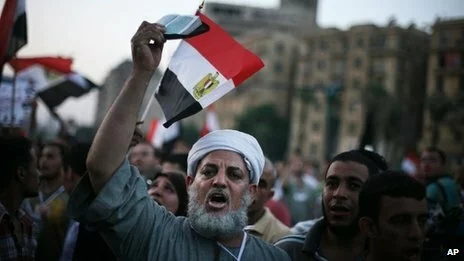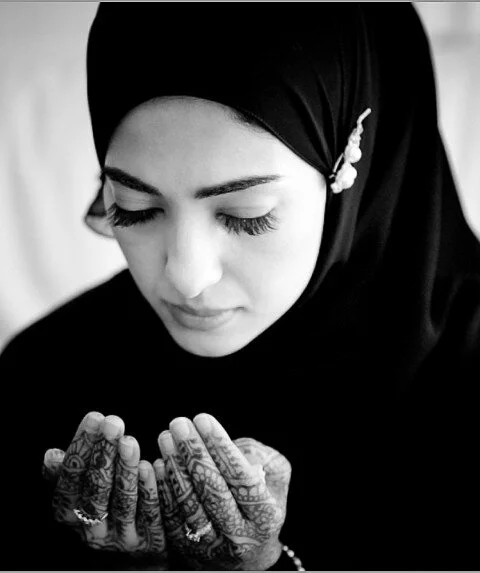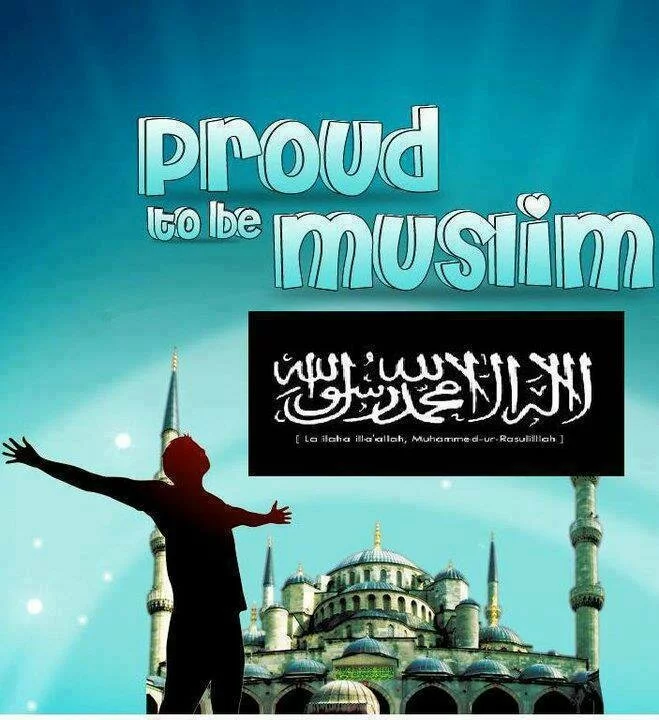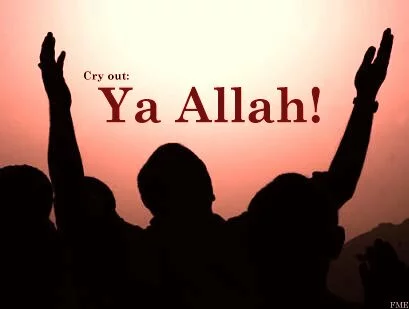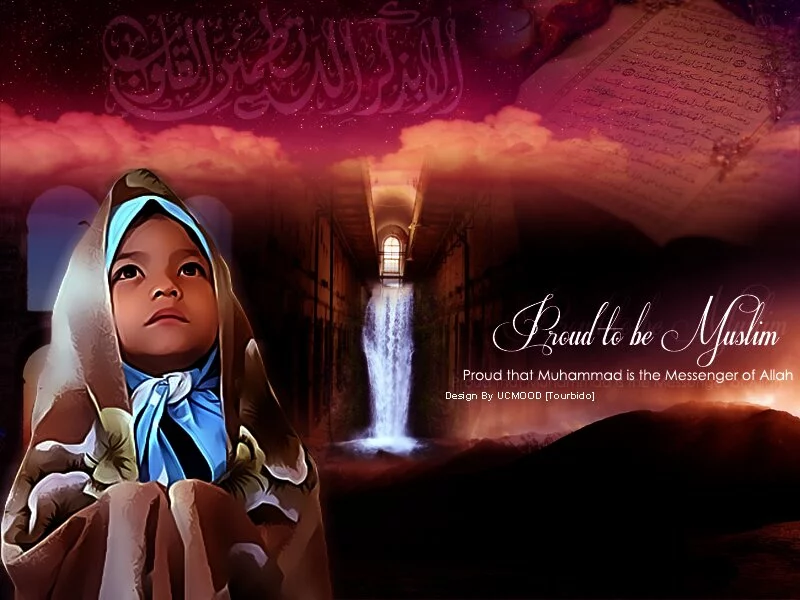Tag Archives: muslim
Ramadan and Its Impact on Muslim Unity and Faith
Islam lays great emphasis on unity in the Muslim Ummah. The Holy Quran strongly emphasizes the concept of Muslim Unity and Allah urges the Muslims to “… hold fast, all of you together, to the Rope of Allah, and be not divided”. This verse clearly outlines that contributing towards establishing unity between the Muslim Ummah is not just a credit worthy deed for a Muslim but also an instruction exclusively given by Allah to the believers. The believers must, therefore, undertake to work for achieving a unity between Muslims and for the formation of a larger Muslim brotherhood.
All worships and pillars of Islam, in one way or the other, help in the establishment of this unity between Muslims. Let’s begin by taking the example of prayer. Praying 5 times a day, i.e. at Fajr, Zuhr, Asar, Maghrib and Isha times, is obligatory for Muslims. Muslims from all places within a locality pray to the Lord at same time, and bow their heads in the same direction. This is a symbol of unity between Muslims while prayer. Further, praying in congregation is said to be preferable than playing alone, because the former establishes unity and equality among Muslims.
Now let’s take another example to substantiate our point. Zakat is another pillar of Islam, and it is given out to poor Muslims, as a percentage of the wealth or rich Muslims. Zakat, therefore, is meant to create a level economic ground for Muslims, which brings them together on all footings and unites them. Hajj, another pillar of Islam and a very important worship for Muslims, also propagates the same idea of Muslim unity by congregating Muslims from all over the world, and allowing them a platform where they can collectively discuss their problems and seek their solutions.
Just as all these worships, Ramadan and fasting in Ramadan also come as a great source of unity for Muslims. Ramadan is commenced and concluded by moon sighting (or calculation methods) and the month begins and ends at the same time throughout the Muslim country. This commencement and conclusion of Ramadan at the same time bonds the Muslims all over the nation together. Similar practices are observed and similar routines are followed by Muslims all over the country. By freeing themselves of material desires in Ramadan, Muslims afford themselves an opportunity to reflect upon the larger picture of the Muslim nation.
Hunger and thirst that a fasting Muslim endures brings him closer to the pain bore by the poor Muslims whole year. Mosques begin to fill by Muslims, and more and more meetings are held as religious sermons or Aftaar parties. This allows Muslims to meet each other and bond together strongly. In these meetings, religious discussions remind Muslims of their social and religious duties, and refresh their faith. Most Muslims pay their Zakat during Ramadan, which bonds the society together further strongly by bridging the gap between the poor and the rich.
If one considers all the rituals and practices followed in Ramadan, he will find that the impact of the month of Ramadan on Muslim unity and faith is enormous.
Muslim Brotherhood to march against Egypt military
Members of the Muslim Brotherhood will take part in protests across Egypt to demonstrate against sweeping new powers taken by the ruling military council.
Over the weekend, the generals issued two decrees dissolving the Islamist-dominated parliament and claiming all legislative power for themselves.
MPs are also expected to try to enter the parliament building on Tuesday.
Meanwhile, with counting in the presidential election run-off complete, both candidates are claiming victory.
Mohammed Mursi, the head of the Brotherhood’s Freedom and Justice Party (FJP), said on Monday that he had won 52% of the vote.
Mr Mursi promised to work “hand-in-hand with all Egyptians for a better future, freedom, democracy, development and peace”.
But former Prime Minister Ahmed Shafiq’s campaign team said their figures showed that he was ahead and that the Brotherhood had “terrorised” voters.
Independent observers and state media believe Mr Mursi has won by a margin of about three to four percentage points, or about a million votes.
The official result is scheduled to be announced on Thursday.
‘Million-man march’
The Supreme Council of the Armed Forces (Scaf) appears to be working on the assumption that Mr Mursi will win, reports the BBC’s Jon Leyne in Cairo.
It has made a series decrees and appointments designed to reduce or constrain the power of the president, and entrench the power of the military.
Despite opposition talk of a “military coup”, it may end up being a messy compromise that everyone can live with, our correspondent says.
Voting over the weekend to choose a successor to Hosni Mubarak, who was forced to step down by last year’s uprising, was overshadowed by two Scaf decrees.
The first ordered the immediate dissolution of parliament following Thursday’s Supreme Constitutional Court ruling that the law governing the recent elections for the lower house was unconstitutional because party members had been allowed to contest seats in the lower house reserved for independents.
Troops were deployed outside the parliament building before the decree was issued on Saturday to prevent MPs gaining access. The FJP and the ultraconservative Salafist Nour party dominate both chambers.
The second decree, which was published after the polls closed on Sunday, amended the March 2011 constitutional declaration and gave the generals complete control over legislation and military affairs until fresh parliamentary elections are held.
The Scaf will also play a significant role in running the 100-member assembly that will draft the country’s new constitution.
The new president – who will take office without the oversight of a parliament and without a permanent constitution to define his powers or duties – will be able to form and dismiss a government, ratify and reject laws, and declare war, but only with Scaf’s approval.
Muslim Brotherhood members are set to protest against the decrees on Tuesday by taking part in a “million-man march” – the name they give for almost any demonstration in Egypt, our correspondent adds.
At the same time, MPs may attempt to enter parliament to protest against its dissolution. Soldiers have been given orders not to let them in.
Source: BBC
Muslim Marriage – A Relationship Which Symbolizes Islam and Love
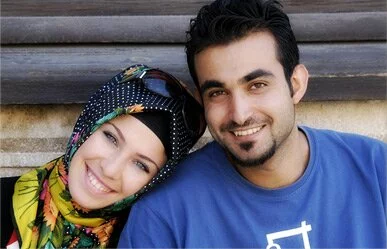 Marriage in Islam is of huge importance. It is a sacred agreement between a man and a woman to be together in all times. The wed lock (Nikkah) allows the man and the woman to be together and grants this relationship a social, cultural, legal as well as religious/ holy permission to exist.
Marriage in Islam is of huge importance. It is a sacred agreement between a man and a woman to be together in all times. The wed lock (Nikkah) allows the man and the woman to be together and grants this relationship a social, cultural, legal as well as religious/ holy permission to exist.
A typical Islamic marriage, one in which Islamic rules are being observed, is a symbol of love and unity. Islam prohibits dowry being obtained from the parents of the bride. The man is responsible for all the expenses. Islamic wedding parties are supposed to be attended by close family members and friends of the boy and the girl. This ceremony is supposed to be a simple one instead of being very pompous or elaborate.
Parents of the girl are to give only the essentials to their daughter. Hence it puts no economic or social pressure on them. This is different to Western traditions, where the bride’s parents are supposed to provide her with a dowry, as well as pay for the wedding.
Islam gives equal rights to man and woman. A woman has the right to file a divorce case under Islamic laws. Islam gives ultimate freedom to women by declaring that if a woman does not like her husband for some reason, she can get a divorce without further delay. A man is entitled to the same consideration.
A Muslim man is responsible for earning for the household. He is bound by Islamic law to keep his wife happy and comfortable otherwise the woman has the right to leave him. Again this varies greatly from the Westerner, who technically has to provide for the woman, but all too often does not. The Islamic system also propagates a separate family setup in which husband and wife are allowed to have personal privacy. In the Islam world, the husband has to be just in his relationship with his woman. This is despite the fact that Islam allows the man to marry four times but he must seek the first woman’s permission for it. It is allowed only if the man is capable of being just to all of them. In the Western world, this is forbidden and punishable in a court-of-law if the law of monogamy is broken.
Giving man and woman equal rights and conferring equal duties shows that Islam wants a house to be an institute where living together is not a compulsion. Living together should arise out of love and not be a compromise. Islam believes in love and pursues this aim in every walk of life with ultimate determination.
A muslim should always proud to be muslim
The Corporate Monasticism : The New Monks of our Age. by Nisaar Y. Nadiadwala
A desperate father complained to me about his son’s extra curiculler activities. He said: “My son prays five times and has no bad habits that can worry me. But he returns home late and does not get involved in domestic responsiblities. He is in college but rarely studies . At home he is occupied on internet chatting with unknown friends…Then the father exclaimed : He is a monk of a different type. A corporate monk.”
This type of complain may be burning in the hearts of many fathers and wives of today. Grown up men remain obsessed with the internet , news papers, watching serials and sports. They are away from the family affairs. They don’t find even talking to the family as interesting as the world affairs they chase.
A Muslim is suppose to be actively participating in multiple things. He is a father, a husband and a son at home. He is helping his neighbour. He visits relatives instead of just messaging them, “May Allah give you a quick recovery”. He is with his children in their school. He is with his mother talking to her. Inspite of this, he finds time for dawah, deen and duniya. You will find him in the front rows in masjid and also a very good businessman. He earns money and also he spends money. He gets up for tahajjud and also goes along with his family for an outing.
A corporate monk will not stay in a monestary far away from the society, but he is there right in the middle of the busy city. He goes home and stays there but like a paying guest who just givs the rent of his staying and remains away from the houshold activities. He is a piece of furniture at home, not responding to any need or call of domestic help. The ancient monks kept away from wealth, but the corporate monks chase careers and wealth. He is spending most of his time in either travelling or gossiping with friends or entertainment. Reports say that an average person staying in a metro city, spends only a half hour with his family. Some dont even get time to talk to their family. When they leave their homes, their kids are sleeping. When they return their kids have gone to sleep.
When Islam permits a man to marry four women it means it also expects this man to run four families. It also expects this man to give time and attention towards all the four families. It means that a man lives in soceity and finds time for society. Being busy does not always means ” I dont have time ” but it can also mean ” I will not give priority to this person, or work or responsiblity…..
When Islam does not allow monastisism, it also encourages its followers to be active in social life. Recall the famous Hadith: “The best among you are the one who are best to their families.”
Author : Nisaar Nadiadwala can be reached at [email protected]

